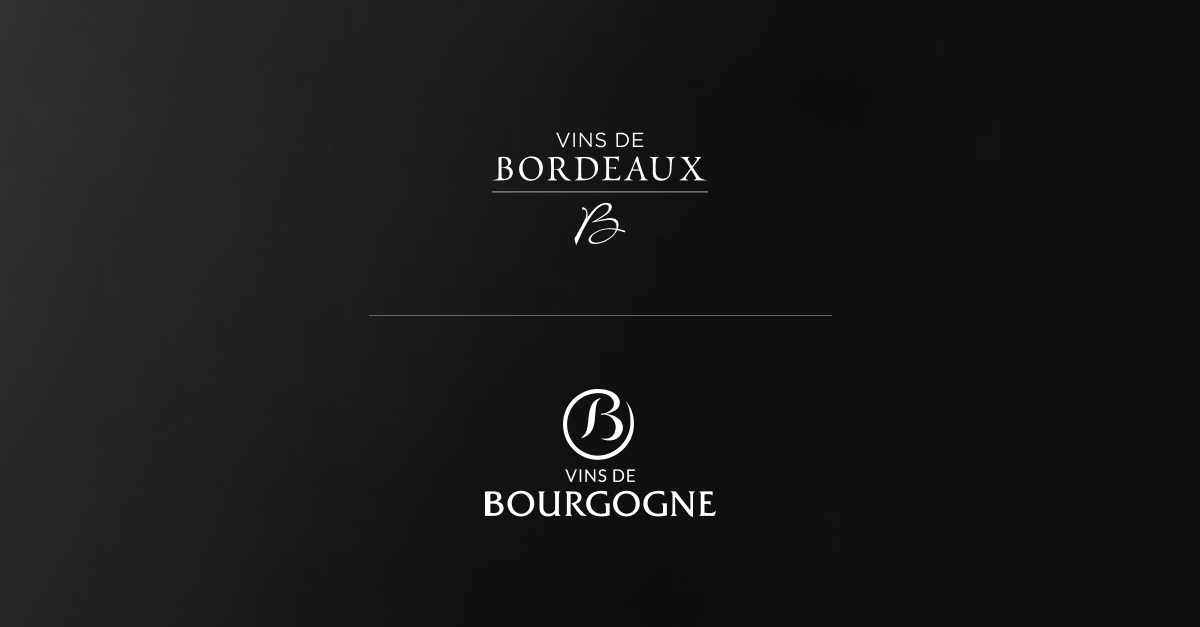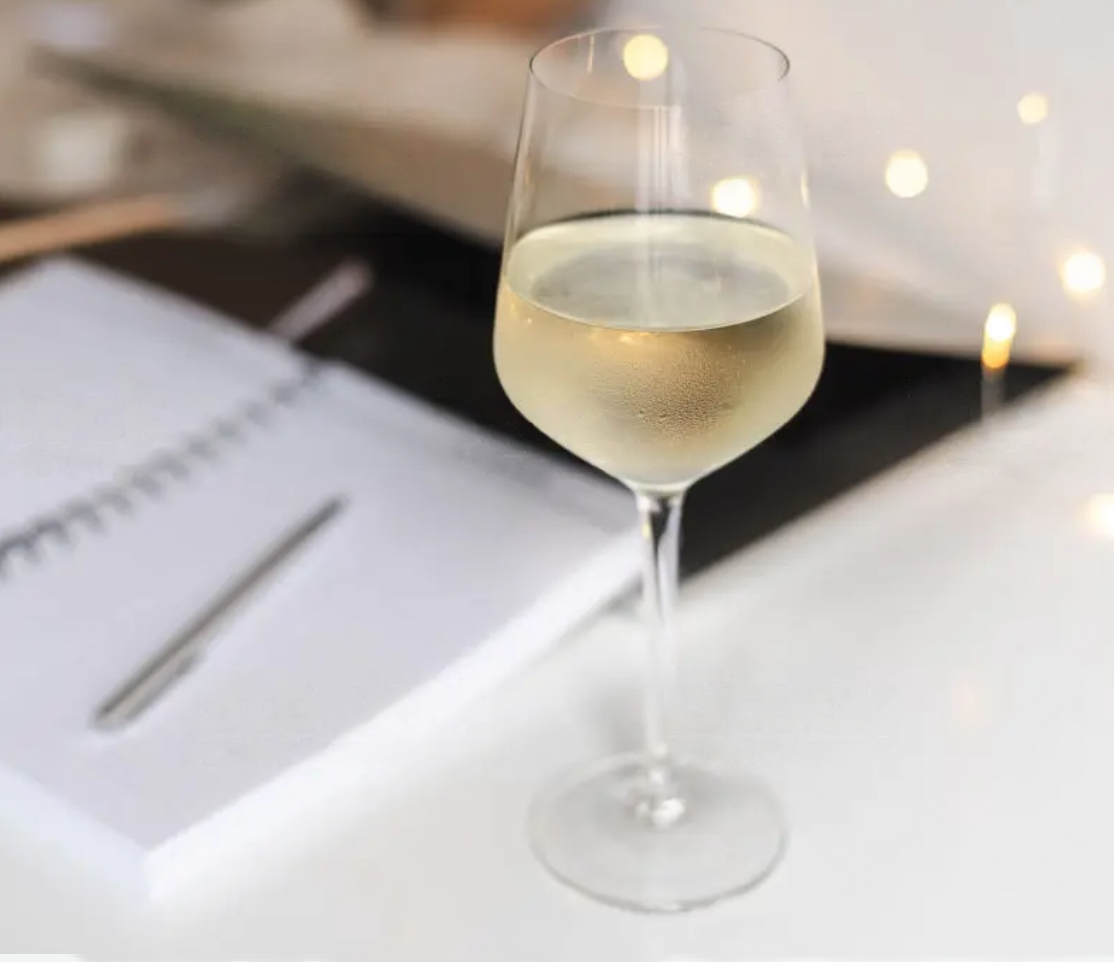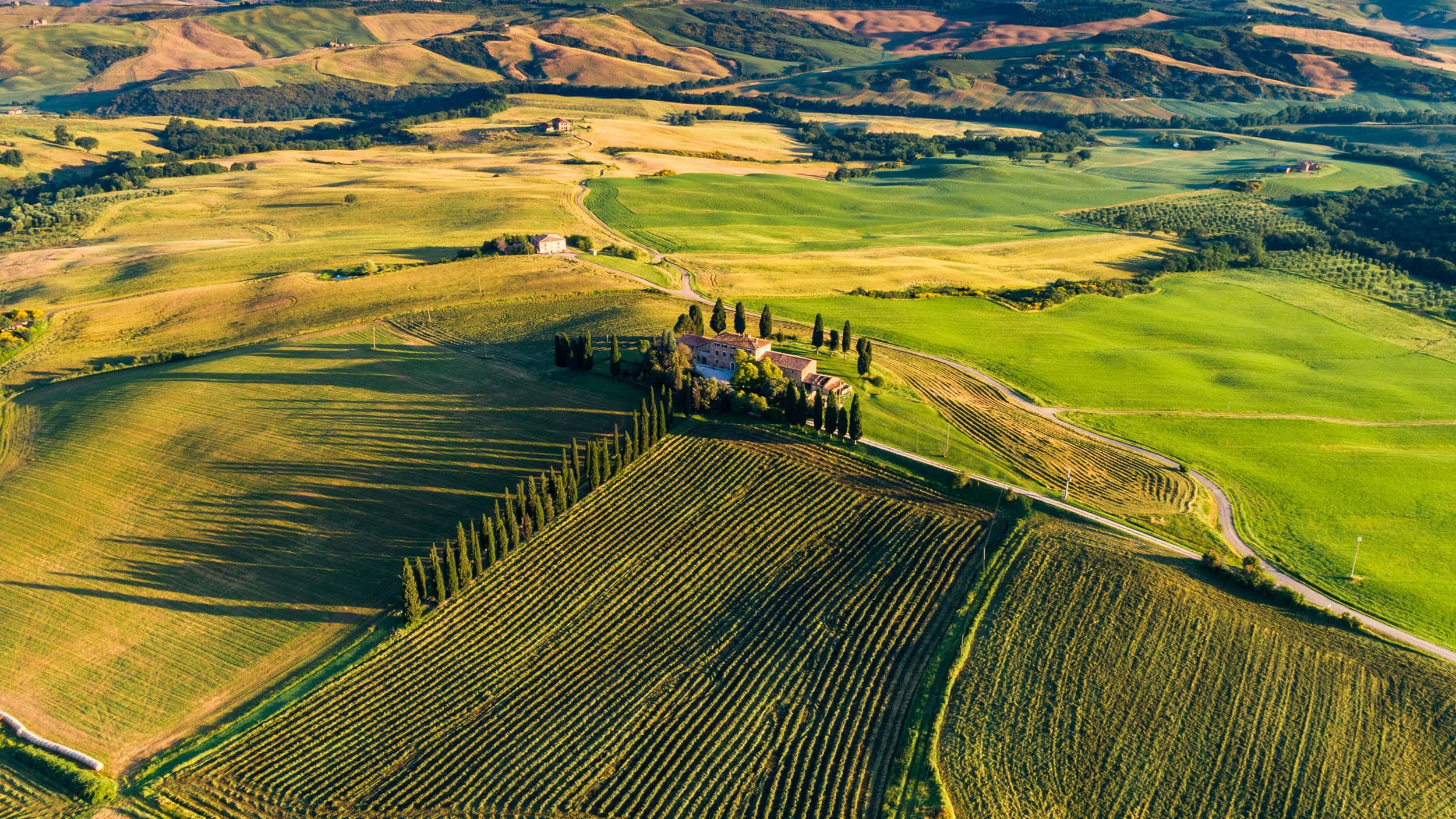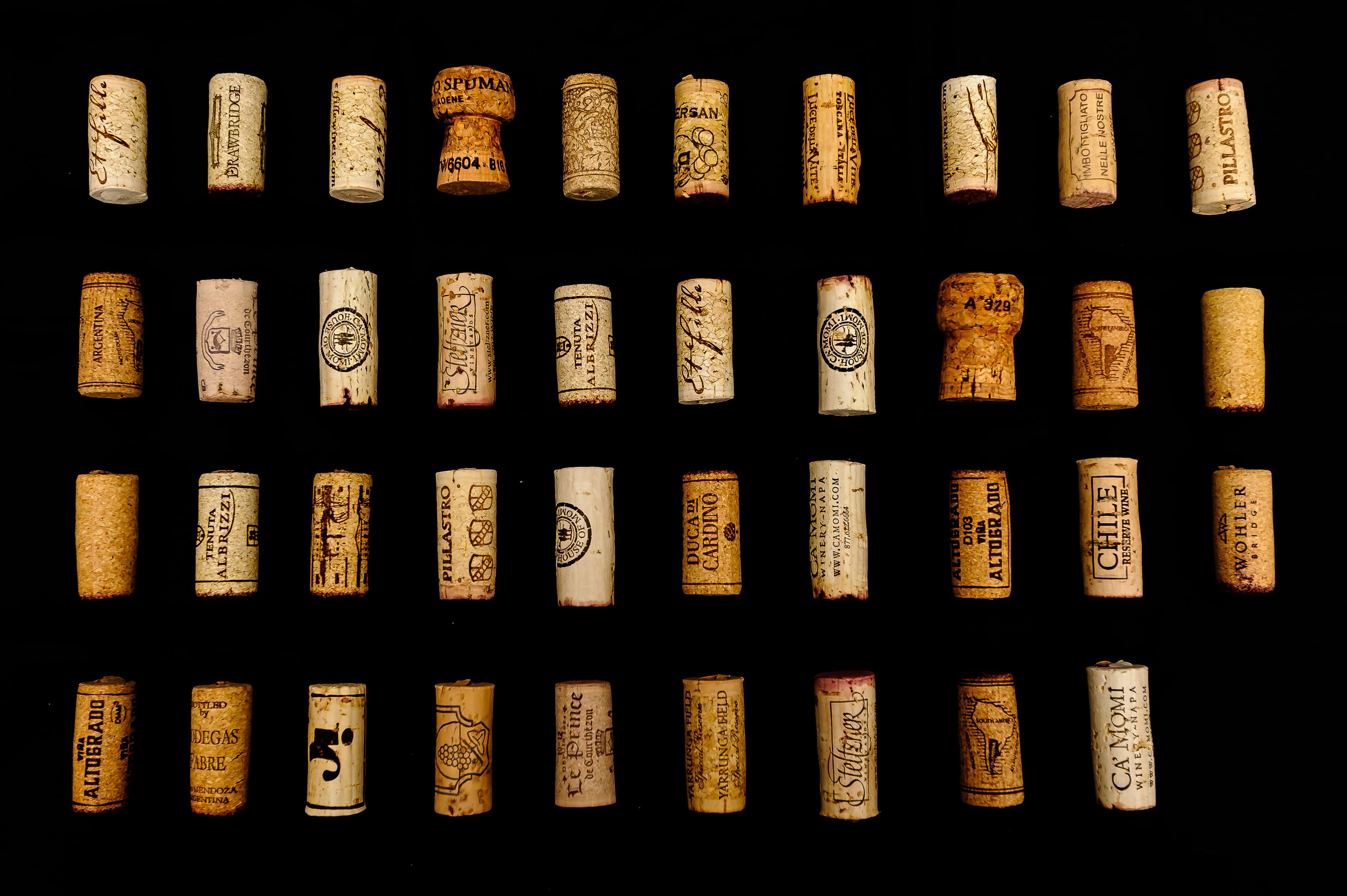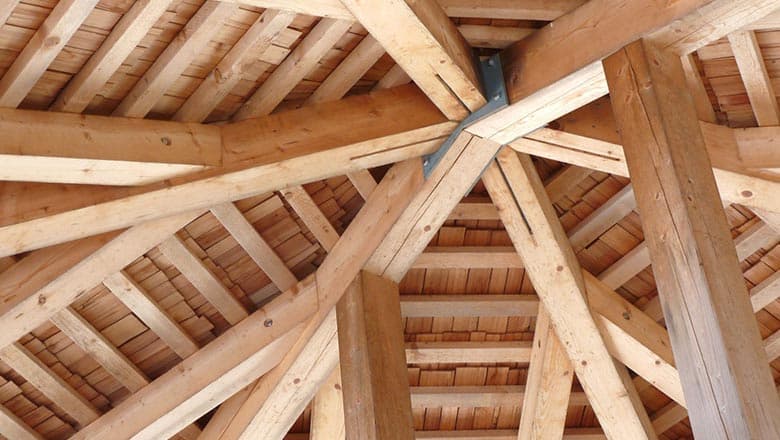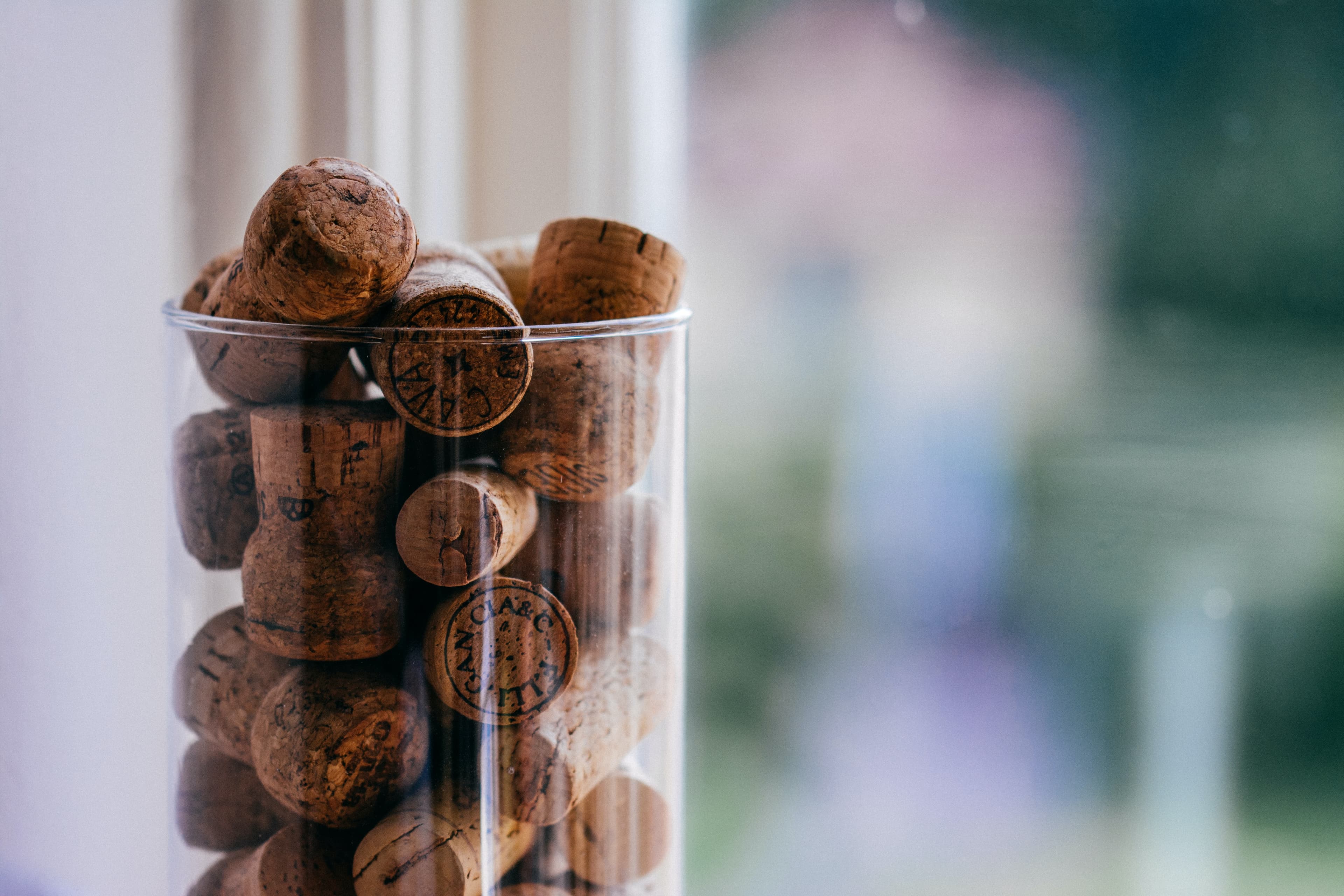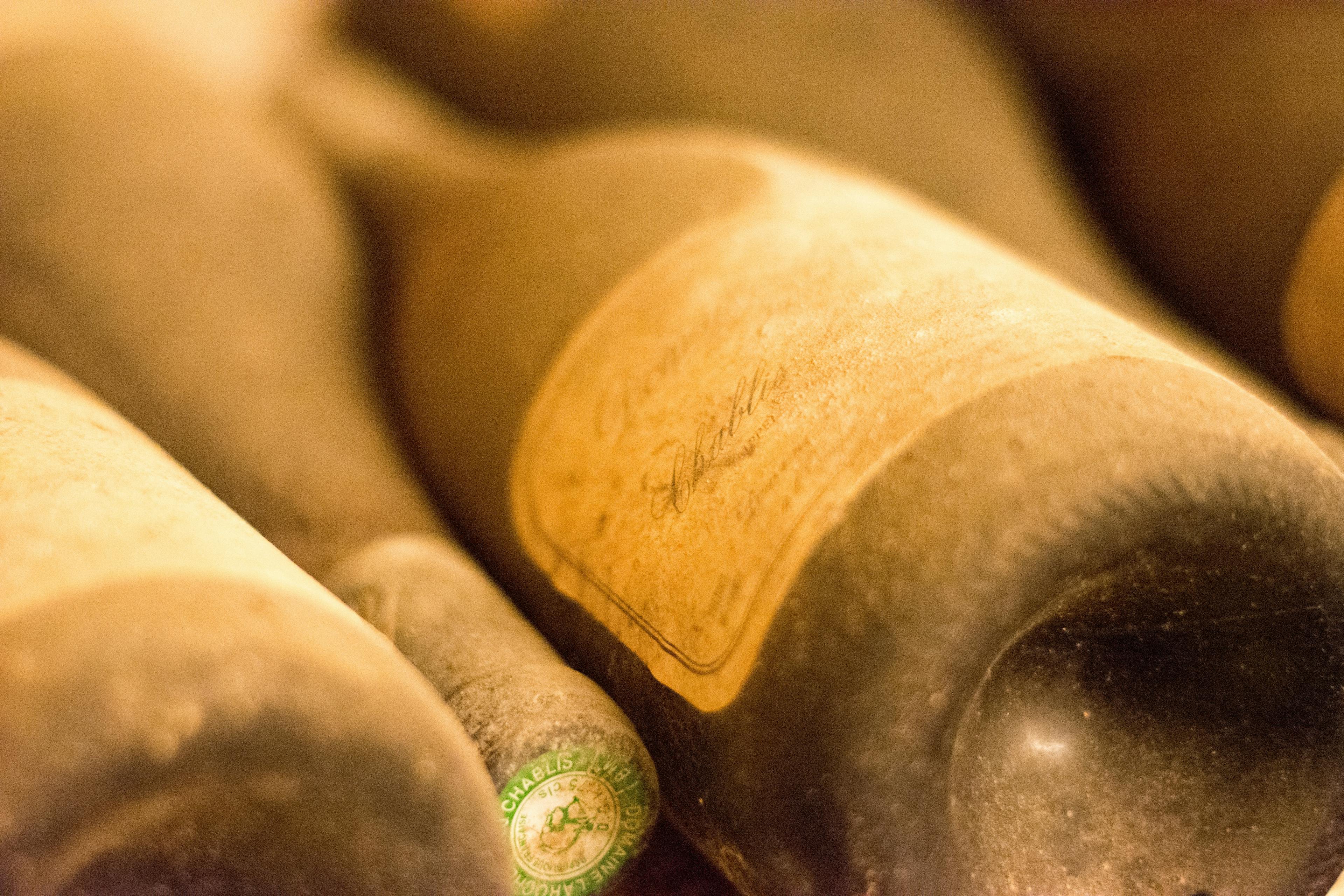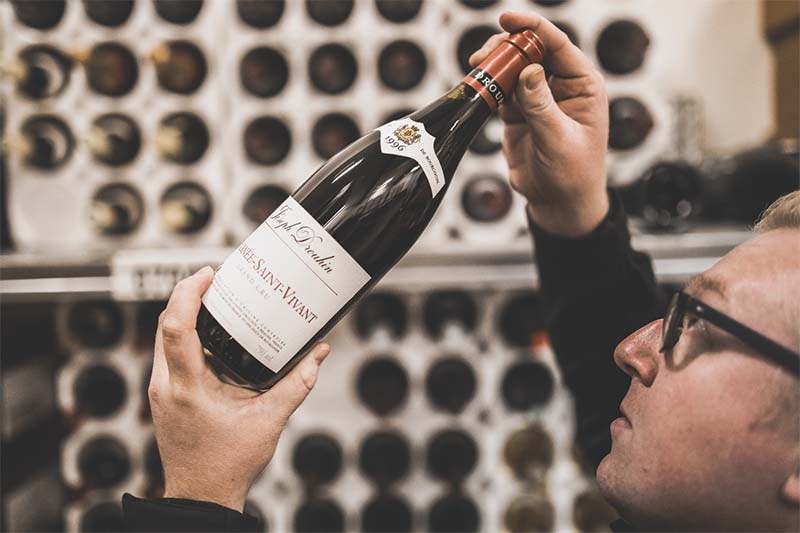
What are Wine Auctions?
Wine auctions, a term often heard within the circles of connoisseurs and enthusiasts, operate on an intriguing intersection of viniculture, commerce, and art. But what truly defines this unique sphere of transaction? In the simplest interpretation, wine auctions are competitive bidding events where wines, chiefly collectible and vintage ones, are sold to the highest bidder. In each bid lies an amalgamation of factors - the wine's quality, the reputation of the vineyard, the vintage year, and even the condition of the bottle and its label.
The tradition of wine auctioning trails back several centuries, with roots deeply embedded in European history. In the modern context, wine auctions are organized by renowned auction houses. Physical auction venues filled with potential buyers often paint a striking depiction of these events, where subtle nods and raised paddles replace conventional monetary negotiations. Furthermore, with the advent of technology, online wine auctions have become increasingly popular, accommodating numerous participants across the globe within virtual auction rooms.
While many might associate wine auctions with wine acquisitions, it is, by no means, the only reason one might be drawn to these events. Interestingly, wine auctions are also closely watched by industry experts who utilize these events as a way to gauge the market, track price trends, and get insights into the drinking habits of the wealthy and influential. Literally and figuratively, wine auctions encapsulate a rich blend of history, culture, economy, and taste.
Yet, it is crucial to note that wine auctions are not merely a place for extravagant spending. Yes, renowned auction houses are known to feature some of the world's most exclusive wines, sometimes with astronomical asking prices, but these platforms also offer bottles within an affordable range, making them accessible to a broader spectrum of wine enthusiasts. This democratization of wine auctions creates an engaging environment, a vibrant marketplace, where both novices and experts can pursue their passion for wine.
Top 3 Producers to Buy in Auction Houses
The refined intricacies of the vinicultural world often manifest in the form of unique, exquisite, and highly-valued wines. When exploring the dimensions of wine auctions, one may ponder the most alluring wines worth acquiring. The market's currents and intricacies highlight several notable options, yet the distinction of the top three is palpable.
Sassicaia
Regarded as one of the most prestigious wines in the world, Sassicaia hails from the coastal region of Bolgheri, Italy. Noted for its sublime balance and longevity, its production, led by Tenuta San Guido estate, is responsible for establishing Bolgheri's place on the global wine map. The allure of Sassicaia at auctions relates back to its heralded 1985 vintage, which was awarded a perfect 100-point score by influential wine critic Robert Parker. A case of this vintage was sold for a whopping $35,000 at Christie's in 2018, making it an exceptional option for those seeking high-value wine investments.
Château Palmer
A phenomenal product from the Bordeaux region of France, Château Palmer has established an eminent reputation for its depth, complexity, and longevity in the global wine market. This prestigious estate, particularly recognized for old vintages, has repeatedly showcased impressive performances in wine auctions. Avid collectors frequently vie for these bottles, the presence of which significantly raises the stakes of any wine auction.
Château Lynch-Bages
Château Lynch-Bages, considered among the top Bordeaux wines, is renowned for its luxurious complexity and impressive longevity. As a consistent performer in wine auctions, it is a wise choice for both budding and seasoned oenophiles. Affluent and structured, this Pauillac-based wine often fetches high prices, making it a lucrative investment.
Types of Wine Auctions: From Traditional to Online Bidding
The vast expanse of wine auctions diverges into two fundamental categories: traditional live auctions and modern online auctions. This segmentation makes each form touchable, tangible, and unique, transcending the confines of geography, convenience, and preferences.
Traditional live wine auctions, prevalent during the pre-internet era, remain immensely popular in certain circles even in 2023. Here, bidders congregated in auction houses, energized by the tangible sensation of being in a room filled with fine wine enthusiasts, the resounding crash of the auctioneer's hammer, and the taste of victory when a coveted lot falls into their hands. Immediacy is the hallmark of live auctions, coupled with the opportunity to inspect the bottles firsthand. This format also presents networking prospects, where collectors can hobnob with fellow aficionados, sommeliers, and wine experts. However, attending these auctions might necessitate travelling to different cities or countries.
On the other side of the spectrum lie online wine auctions, which have gathered immense traction with the advent of digitalization. Here, participants bid on their desired lots from the comfort of their homes, offices, or even while on the move. These auctions cater to a global audience and eliminate geographical barriers. They also enable bidders to participate in multiple auctions simultaneously and bid on lots that pique their interest without being physically present at the auction house. Online wine auctions typically span over an extended duration, ranging from a few days to a few weeks, giving ample time to interested bidders to deliberate and strategize.
Another offshoot of online wine auctions are timed auctions. These are gradual, extended proceedings where the date and time of the auction's commencement and conclusion are fixed. Participants place their bids over this period, and the person with the highest bid at the conclusion of the auction wins the lot. Time-bound auctions offer more relaxed pacing, providing participants sufficient time for research, contemplation, and competitive assimilation.
While online auctions may have certain drawbacks, such as the inability to inspect bottles physically, the potential for non-reliable listings, or delayed delivery, they have undeniably democratized access to wine auctions, leveling the field for enthusiasts and investors across the globe.
Thus, both traditional live auctions and online auctions, with their intrinsic pros and cons, offer distinct and immersive experiences to wine enthusiasts. The choice between the two is largely dependent on the bidder's preferences, accessibility, and comfort with technology.
Tips for Buying Wine at Auctions
Engaging in a wine auction, for both the novice and the experienced wine enthusiast, can be an exhilarating endeavor. Yet, embarking on such a venture demands not only a buoyant spirit but also a meticulous approach, a discerning palate, and a sound grasp of the intricacies of the wine world.
One of the fundamental principles in the foray of wine auctions is that knowledge is power. A thorough understanding of different wine regions, winemakers, and vintages can offer significant advantages to the prospective bidder. Thus, immersing oneself in wine literature, attending wine tastings, and engaging in discussions with seasoned wine connoisseurs can be profoundly beneficial. Discovering one's personal preferences and developing a discerning palate are integral parts of this learning process.
Establishing a clear budget before embarking on a wine auction is another essential strategy. Keep in mind that, in addition to the hammer price, one must account for the buyer's premium, which typically ranges from 15% to 25%. The emotional tug of a bidding war can be intoxicating in itself, so maintaining fiscal discipline is key.
Examining the auction catalog meticulously can provide critical insights about the wines on offer. This comprehensive document usually contains photographs of the actual wine bottles, information on provenance, and detailed descriptions of the wine's condition. It is crucial to pay attention to the information provided about the wine bottle's storage, as poorly stored wines can develop multiple flaws. Observations about unusually low fills, deteriorated labels, and conditions such as seepage and ullage, can lead to careful bidding decisions.
With the rise of technology, online auctions have grown in popularity. They offer convenience, broadened accessibility to global offerings, and flexibility in bidding. However, they also present unique challenges, particularly with respect to ensuring the integrity of the wine. Therefore, it is vital to conduct comprehensive research about the reputation of the auction house and their policies on fraud and dispute resolution.
Finally, don't skip the pre-sale tasting if one is offered. This is an invaluable opportunity to taste some of the wines that will be on auction, thus offering an immediate sense of the wine's quality and condition. However, attendees must remind themselves that the purpose of these tastings is to do exactly that - taste, not consume.
Engaging in wine auctions can be both thrilling and rewarding, potentially providing access to rare and valuable wines that might otherwise be inaccessible. But like any other investment, it also involves risk. Therefore, ample preparation and keen discernment are paramount for any potential wine auction participant.
Most Expensive Wines Sold at Auction
The records broken at wine auctions throughout the centuries provide a captivating chronicle of the relentless pursuit of excellence, indulgence, and wealth. Whether through pure glee or seeking an enviable investment, buyers spare no expense to secure a venerable vintage or a rare beverage from rusting in obscurity. When referring to wines that fetch awe-inspiring figures, one cannot overlook several illustrious examples, setting their own definitive benchmarks in the annals of wine auctions.
The 1945 Romanée-Conti
The historical precedence was set when the most expensive bottle of wine ever sold at an auction fetched a stunning US $558,000. The wine in contention, a grander than life 1945 Romanée-Conti, reached this exorbitant price at Sotheby's wine auction in New York in October 2018. What makes this bottle extraordinary is that its vintage year coincides with the end of World War II, and the vine that produced it was uprooted right after the harvest, making its yield incredibly limited.
The 1869 Château Lafite-Rothschild
Previously, the title of the world's most expensive wine was held by a bottle of Château Lafite-Rothschild. This legendary bottle, dating back to 1869, was sold at an incredible US $233,972 by Sotheby's in Hong Kong in 2010. What makes this bottle hold its value is its vintage from a remarkable era and its origin, bearing the prestigious Rothschild name often synonymous with unrivaled luxury. It's interesting to note that the buyer was, in fact, an Asian bidder who bought it for the thriving Asian wine connoisseur market.
The Cheval Blanc 1947 Imperial
How could anyone overlook the Cheval Blanc 1947 Imperial? Hailed as one of the greatest clarets of all time, this bottle was auctioned off in 2006 at Christie's in Geneva. The final bid secured it for a substantial US$304,375, making it one of the highest prices ever paid for a bottle of wine.
The auction prices for these esteemed vintages illustrate the potency of rarity and quality in influencing the perceived value of wine. Is this sophisticated pursuit of sumptuous sips a testament to the enduring appeal of wine, or a captivating reflection of our insatiable desire for the exclusive encapsulated in a bottle? Regardless of the perspective, one cannot deny the profound influence these transactions have had on the wine culture, shaping not only the buying trends but also providing a historical narrative of our collective fascination with this divine beverage.
Benefits of Participating in Wine Auction
Financial Returns
One of the primary benefits that comes from participating in wine auctions is the potential for impressive financial returns. Investing in fine wines, especially those that are rare or highly coveted, can yield a staggering return on investment as these bottles often appreciate in value over time. It's a matter of investment principle that acquiring assets that appreciate, such as fine wines, can offer a beneficial avenue for capital growth. Besides, with the proper knowledge and expertise in assessing the quality, rarity, and the current market demand, participants can leverage these factors to optimize their financial gains.
Privy to Exclusive Collections
Wine auctions also provide participants with access to an enormous range of exclusive bottles that would otherwise be difficult, if not impossible, to find. This includes not only extremely rare vintages but also private collections that have been meticulously curated and cared for over the years. The opportunity to bid on such offerings is a unique benefit that wine auctions provide, which in turn, adds a certain level of excitement and exclusivity to the wine buying experience.
Networking Opportunities
The value of mingling with like-minded enthusiasts who share a common passion for wine is another significant worth mentioning. By participating in auctions, you put yourself in a position to build relationships with these individuals as well as professionals in the industry such as wine merchants, sommeliers, and wine brokers. These interactions can often lead to learning about new wines, discovering shared interests, and potentially forging partnerships or business relationships that extend beyond the auction itself.
Enhanced Knowledge and Appreciation of Wine
An additional advantage of embarking on the journey of wine auctions is the knowledge one gathers along the way. From understanding the intricate process of winemaking to appreciating the influence of terroirs, the intricacies of different vintages, and the impact of storage conditions on wine - all these aspects culminate to enrich one's understanding and appreciation of wine. This knowledge can subsequently be used to hone one's wine tasting skills, thereby enhancing the overall process of wine consumption.
How to Sell Wine at Auction
There may come a time when the discerning wine collector or investor decides to divest from their collection, seeking to capitalize on the potential financial gains arising from the ever-fluctuating wine market. Whether an individual intends to prune their collection or revolutionize their investment portfolio, selling wine at auction presents countless opportunities. Yet, the process necessitates a comprehensive understanding of the prerequisites, the appraisal of the wine's market value, choosing the appropriate auction houses, and the nuances of wine preparation for auction. Shall we delve into these aspects one at a time?
Understanding the Prerequisites of Selling
Before proceeding to the specifics of selling wine at auctions, it is pertinent to grasp the fundamental prerequisites underpinning this intricate process. Similar to acquiring a piece of art at an auction, selling wine also involves a complex negotiation between market realities, price expectations, and the intrinsic value of the wine itself. The first necessity is the possession of a wine or a collection thereof that holds a certain level of attractiveness for the potential bidders. It could be the rarity of a vintner, the supremacy of the vintage, or any other property that might render your offering desirable in the eyes of the wine enthusiasts and collectors that frequent these auctions.
Assessing the Wine's Value
The second prerequisite is a comprehensive understanding of the wine's value. This entails digging deeper into the historical selling prices, the current market demand, and the future appreciation potential. It involves a rigorous comparison of the wine against other similar types, vintages, and brands. An informed seller needs to be well-versed in tracking price trends and deciphering the complex dynamics of the wine market. However, how does one undertake such daunting tasks? This is where the services of a professional wine appraiser or a specialist from an auction house come into the picture. Their insights provide a robust benchmark and offer a realistic picture of the possible selling price of the wine.
Choosing the Right Auction House
The third step involves the critical decision of selecting an auction house that resonates with the seller's objectives and the wine's value proposition. It is a choice that shapes the outcome of the sale and hence calls for a meticulous assessment supported by thorough research. The reputation, reach, and track record of the auction house are among the various factors that should guide this decision. Additionally, the commission rates, the marketing strategies, and the post-sale services also come under the purview of consideration while making this important choice.
Preparing Wine for Auction
Last but not least is the execution phase - preparing the wines for auction, which demarcates the road to the hammer. This process includes understanding the auction schedule, adhering to the stipulated deadlines, and preparing the wines as per the auction house's guidelines. Special attention should be given to the storage and transportation of the wine. These wines often represent significant investment and pleasure, and thus they demand careful handling and optimum conditions during transportation and storage to preserve their quality and taste.
Top 3 Wine Auction Houses
As the realm of wine auctions has experienced considerable expansion and progression, certain auction houses have gained prominence and accrued seasoned reputations. Not merely for the vast reach of their networks but also for their history, experts, reliable services and exceptional offerings. Contemplative connoisseurs and fervent collectors alike frequently find themselves grappling with the colossal decision of deciding which auction house to patronize. In light of this conundrum, here lies an exploration of the top three auction houses that have been distinguished as stalwarts in the panorama of wine auctions.
Sotheby's Wine
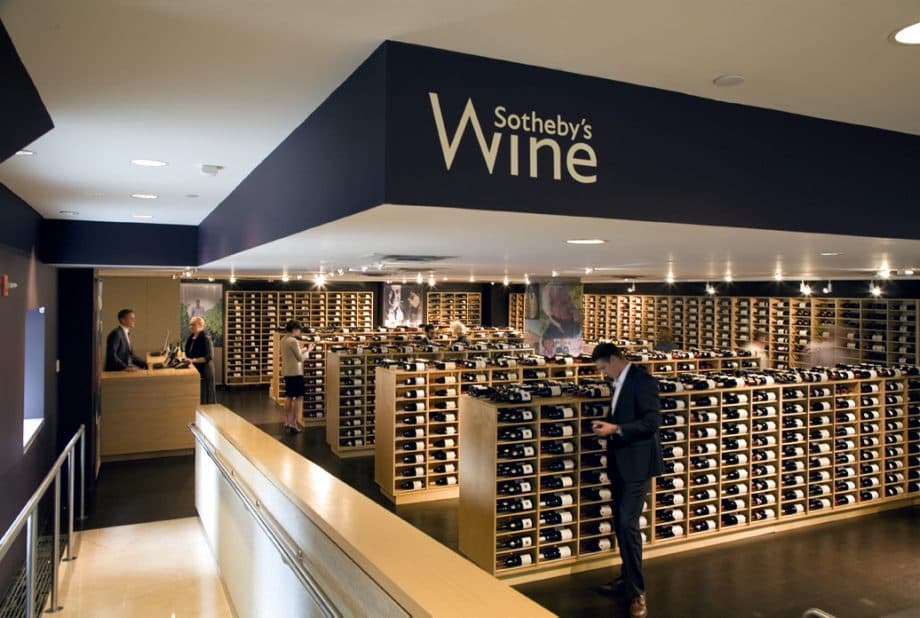
Sotheby's, a cherished titan in the auction industry, doesn't disappoint when it comes to wine. With a charismatic pedigree dating back to 1744, Sotheby's Wine predominantly secures its position due to the extraordinarily diverse selection it offers. With live auctions, online sales, and retail operations in New York, London and Hong Kong, their global influence is ostensibly widespread. It is notable for not merely auctioning illustrious wines but also for selling remarkable single-owner cellars. Among its astonishing array of wine sales are the wines from the private cellar of William I. Koch, that garnered over $21.9 million.
Christie's Wine

Christie's Wine has established an international reputation for delivering exceptional wines and rare spirits to collectors around the world. With a cultivated history that spans over 250 years, Christie's frequently conducts wine auctions in major cities such as London, New York, Hong Kong and Paris. What further intensifies the attraction towards Christie's Wine is its extensive top-tier collection of Burgundy wines. It holds an impressive track record in sales, including some of the world's most expensive wines ever sold at auction.
Acker Merrall & Condit
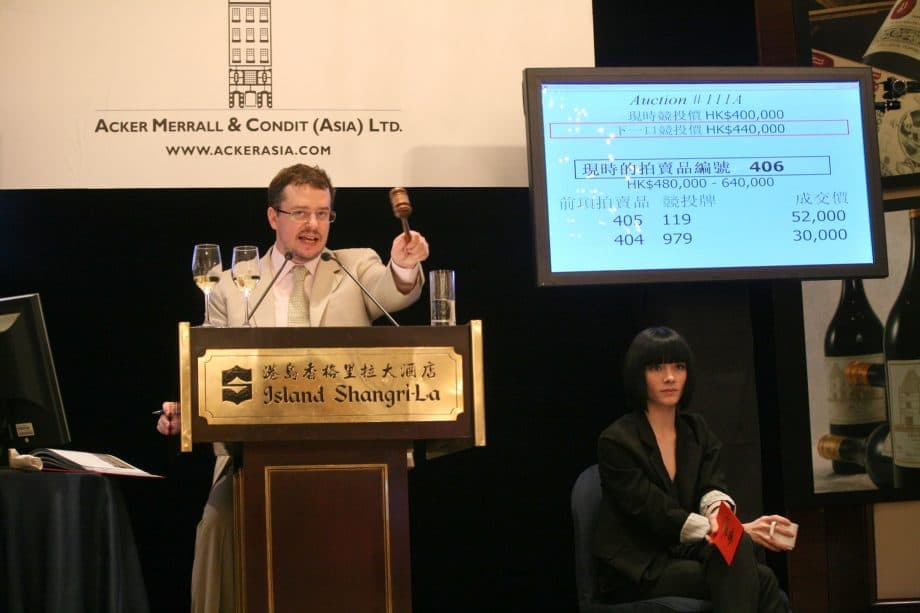
Acker Merrall & Condit prides itself as America's oldest wine shop, adeptly balancing their retail operations and auction services. This multifaceted business has evolved to host auctions in Hong Kong, New York, and online, with a remarkable record of prestigious sales. Acker Merrall & Condit's monumental sale in 2007 of a 62-lot offering that hailed from the cellar of Robert Drouhin of Maison Joseph Drouhin is well-regarded amongst the annals of wine auctions, having amassed a staggering $1.5 million.
To summarize, these wine auction houses, with their vast collections, encompassing global operations, and rich histories, have been instrumental in shaping the landscape of wine auctions. They affirm their distinctive existence not only through stellar sales numbers but through their commitment to provide exemplary service, foster profound wine experiences and realize the fervor of enthusiasts and collectors alike.
Dos and Don’ts of Online Wine Auctions
Know What you Want
Entering a wine auction without adequate knowledge or a clear idea of what you aim to acquire can lead to poor purchasing decisions or potential financial loss. It is crucial to have a specific goal or a predetermined list of wines you are interested in. This focused approach will allow for better decision-making and potentially successful acquisitions. Therefore, understanding one's preferences, investment goals, and budget constraints beforehand is instrumental for a fruitful wine auction experience.
Find the Total Costs
Understanding the total cost is a critical part of participating in online wine auctions. It's not enough to simply consider the bidding price. Other expenses, such as buyer’s premiums, taxes, insurance fees, storage costs, and shipping costs, are also involved. Thoroughly research these associated costs before participating in the auction to ensure that your bid aligns with your budget and the wine's actual value.
Get Clarity on Provenance and Bottle Condition
It's imperative that you ascertain the provenance of the wine you're bidding on, ensuring it comes from a reliable source and has been stored under optimal conditions. The bottle's condition, including details such as the fill level, label quality, and capsule condition, could immensely affect the wine's overall value. Understandably, a bottle in mint condition may fetch a higher price compared to a wine with a damaged label or a low fill level. Therefore, it's essential to gain this clarity before you engage in bidding.
Research on Prices
It is crucial to conduct thorough research on the prices wine bottles are being auctioned at, in comparison to their retail cost. Sequence and study patterns of previous auction results, especially those within similar quality and rarity brackets. Comprehending the market value of a bottle can safeguard you against overpaying and can assist in establishing a strategic bidding plan, a foundation to any fruitful wine auction participation.
Know When to Bid and Sell
In the world of wine auctions, timing is often a significant determinant of success. Thus, knowing when exactly to participate in the bidding process is a crucial consideration. As a potential bidder or seller, it is essential to determine when the market conditions are most favorable. Likewise, understanding the significance of factors such as the timing of the auction, the type of wine on offer, and the audience's demographics could make a substantial difference. The rule of thumb is to bid when competition is lower, thus improving the chances of winning. On the other hand, one should consider selling when demand is higher, thereby increasing the likelihood of a higher sales price.
The Bottom Line
It is a discerning fact - if you find yourself a connoisseur of the grape and are zealous about acquiring an array of top-tier, investment-grade wines, utilizing auction platforms may not be your most promising avenue.
Delving further, we unravel added complexities that emerge during engagements with wine auctions:
Firstly, auction houses demand steep buyers' and sellers' premiums. Take, for instance, Sotheby's which levies up to a 25% buyer's premium and a 10% sellers' commission on the hammer price of each lot.
A second contention arises from the opaque pricing methods and commission structures of auction houses. Seller commission rates vary widely, with certain large portfolio owners occasionally being extended zero commission, the cost of which is ultimately tacked onto elsewhere - even onto the buyer's commission. This inconsistency in the face of uncertainty creates an environment of ambiguity.
Thirdly, the auction process can be arduously time-consuming. The rigmarole involves analyzing the lots in the catalog, potentially attending the auction in person and, upon successfully winning the bid, enduring several weeks of waiting to receive the wines. The invoice receipt and payment processing need to be squared away before any shipping can be organized.
Moreover, a majority of emerging online auction platforms execute their sales through intermediary parties. This implies your confidence must solely rest on the seller's assurances, making it challenging to establish the authenticity of the bottle's provenance.
Lastly, managing the storage and upkeep of your bottles is an intricate task, particularly for novices in the realm of wine collection. The necessity of establishing an optimal storage environment - regulating temperature, humidity, light, and vibration conditions - is a daunting undertaking. Coupled with this is the burden of managing insurance and numerous maintenance costs.
But what other options do you have?
As a remedy to these complications, seriously consider collaborating with a dedicated platform such as Rekolt . This application allows you accessibility to buy and store wines, all without moving a muscle to ship them physically!
Let's delve deeper to understand how this integration could unfold.
A Better Alternative: Investing in Wine Bottles
Rekolt is a platform that lets you collect sought-after wines that historically outperform the market.
How to Invest with Rekolt
You need to follow a simple three-step process:
Purchase a wine on the marketplace
Track your portfolio real-time.
Why Should You Use Rekolt?
Rekolt makes it easy to buy and manage wines. We research, authenticate, buy, store, and insure the wine for you.
Authenticity
Rekolt traces the provenance and checks the authenticity of each wine bottle.
Best Prices
We source wines directly from wineries, global wine exchanges, and merchants at the best possible wholesale prices.
Optimal Storage
The wine cases are stored in optimal conditions of humidity, temperature, air quality, light, and vibration with experienced storage providers.
Full Insurance
Our policy covers any breakage or accidental leakage that may occur, ensuring that our customers' investments remain safe and secure. In the event of any damage or loss, you’ll be immediately notified and refunded to your account.
Share this article
